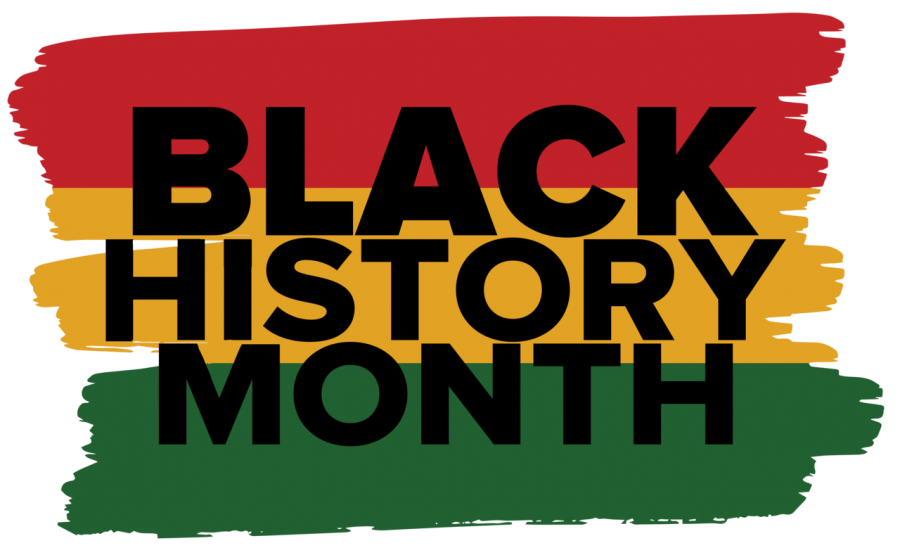The History of Black History Month
Every year, the United States exercises the month of February to recognize and honor African Americans’ central role in this country’s history.
Our job is to make sure we educate ourselves on Black history all year, not just throughout one month.
However, as right now is Black history month, let us talk about its origin, along with putting the spotlight on a few incredible Black people who have played vast and vital roles in history and present-day times.
What is the origin of Black History Month?
We can put the beginning of this story in 1915, which was a half-century since the Thirtieth Amendment abolished slavery in the United States.
September of 1915, The Association for the Study of Negro Life and History (ASNLH) was founded by the Harvard-trained historian Carter G. Woodson and a significant minister named Jesse E. Moorland.
The ASNLH was strictly dedicated to researching achievements from Black Americans and people of African descent to educate people on what should be prominent to people when learning America’s history.
Woodson’s outreach was incredible. He urged other Black civic organizations to follow his lead and promote what the ASNLH’s research was uncovering.
The outreach went very far and led to the creation of Negro history and literature month, which was then renamed Negro achievement week.
While this was a huge step forward, Woodson wanted a more significant impact to come out of this. The ASNLH knew that to continue promoting the research and learn about Black History, they were required to shoulder the responsibility, which they did in 1925.
Woodson sent out a press release that announced Negro History Week in February of 1926.
When in February did it occur, and why?
He chose the second week in February to be Negro History Week; Woodson wanted it to coincide with Frederick Douglass’s and Abraham Lincoln’s birthdays.
This event sparked a rise of celebrations, school clubs, and teachings in school dedicated to teaching about black history.
When did it become Black History Month?
In the late 1960s, thanks to the Civil Rights Movement and the increase of Black identity awareness, Negro history week was recognized as Black History Month on many college campuses.
Then in 1976, President Gerald Ford recognized Black History Month and called upon the public to “seize the opportunity to honor the too-often neglected accomplishments of Black Americans in every area of endeavor throughout our history.”
Black History Month 2021 and its theme
Since 1976, Black History Month and the occurring descriptions have been recognized and endorsed by every American President.
This year the theme is “Black Family: Representation, Identity, and Diversity.” It explores the African diaspora and the spread of Black families across the united states.
Where can you educate yourself on Black History?
To begin, @blklivesmatter on Instagram (the official IG for BLM) has and always is posting informative posts and links regarding Black history, and of course, this month, there is a central focus on it – this is the perfect place to start because it exposes you to many Black creators who also use their platform to educate people about Black history, and Black Lives Matter.
The best way to educate yourself is to continue to become a better ally, listen to Black voices, learn from them and promote your new knowledge to everyone you know will listen.
While February is dedicated to Black History, let’s promote Black History’s teachings all year, every year. Educate yourself on it, be an ally, and spread the word of how important it is to listen to black voices all the time.









Eydie Needleman • Mar 5, 2021 at 9:16 am
Very informative and well written